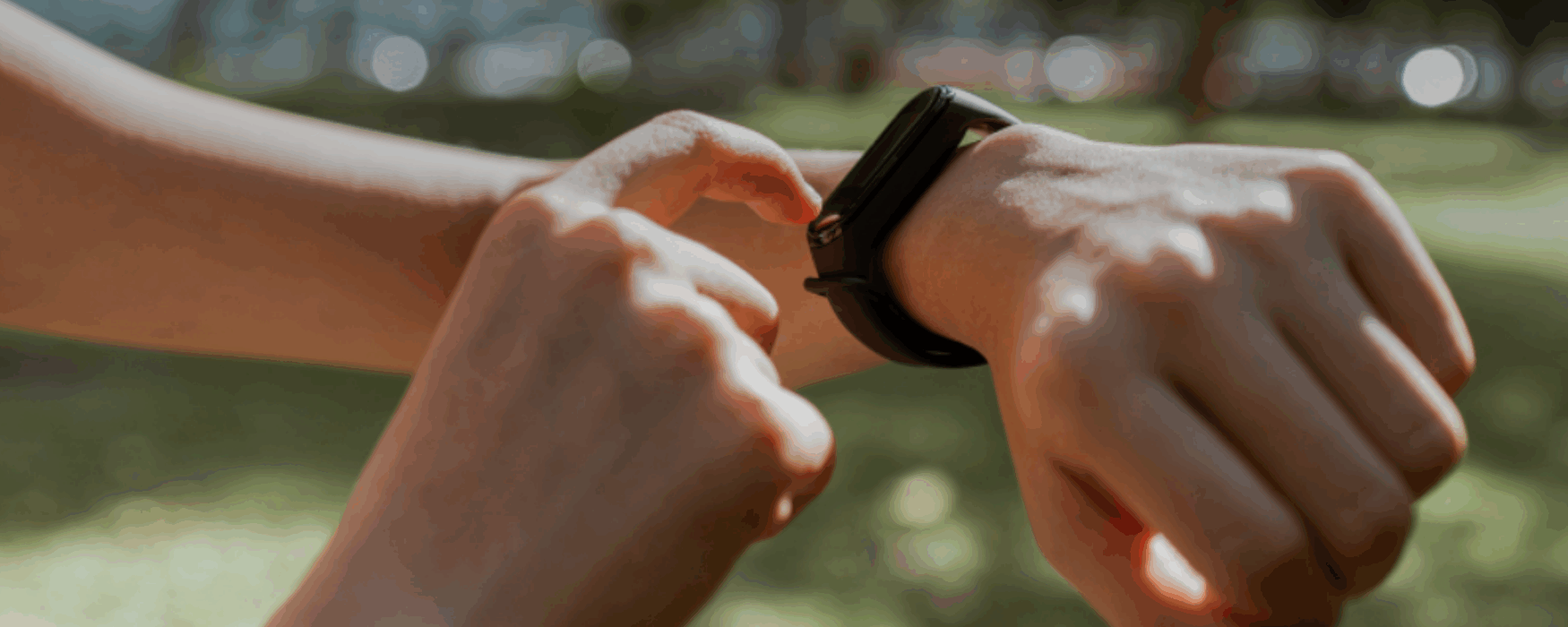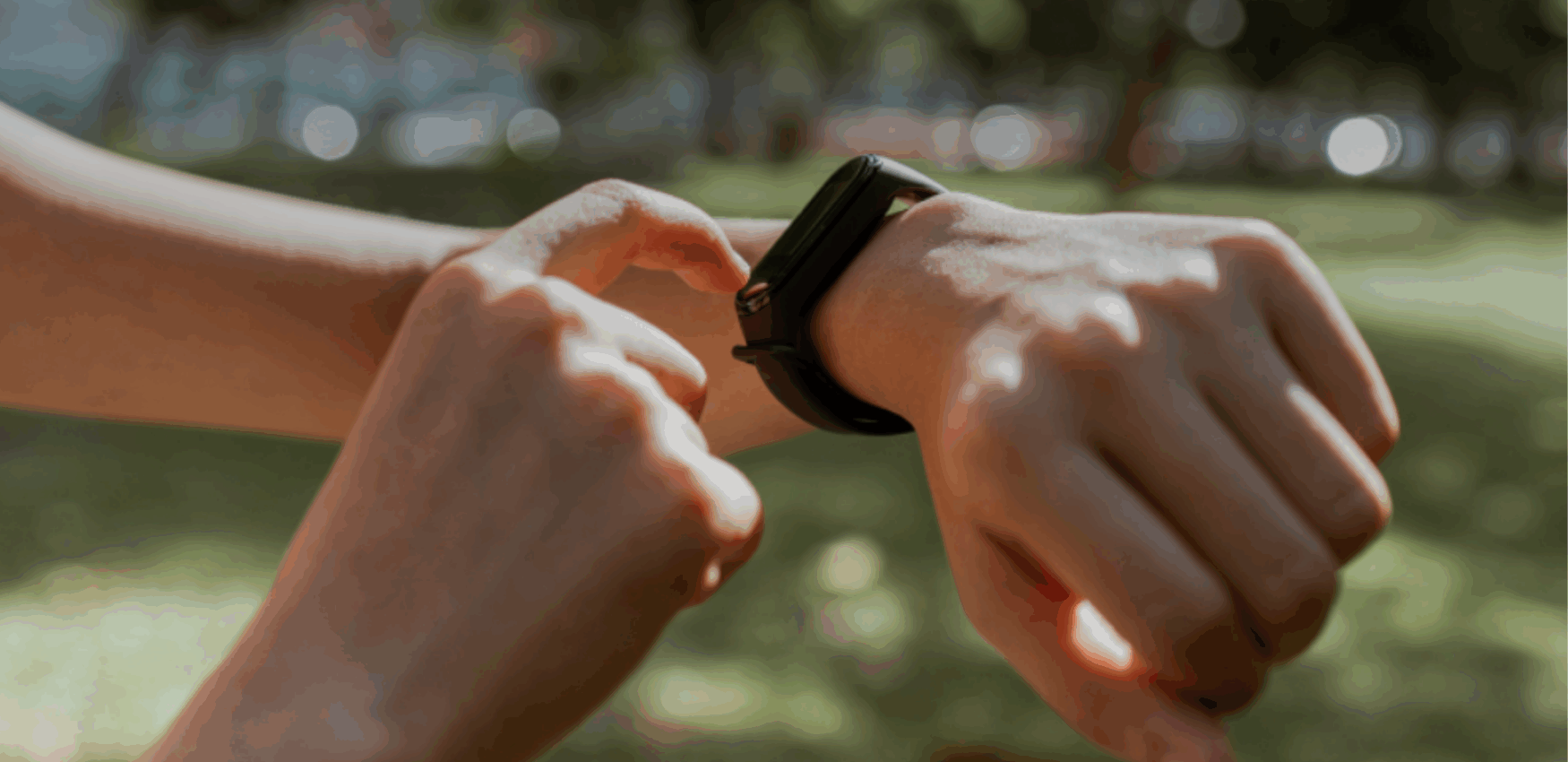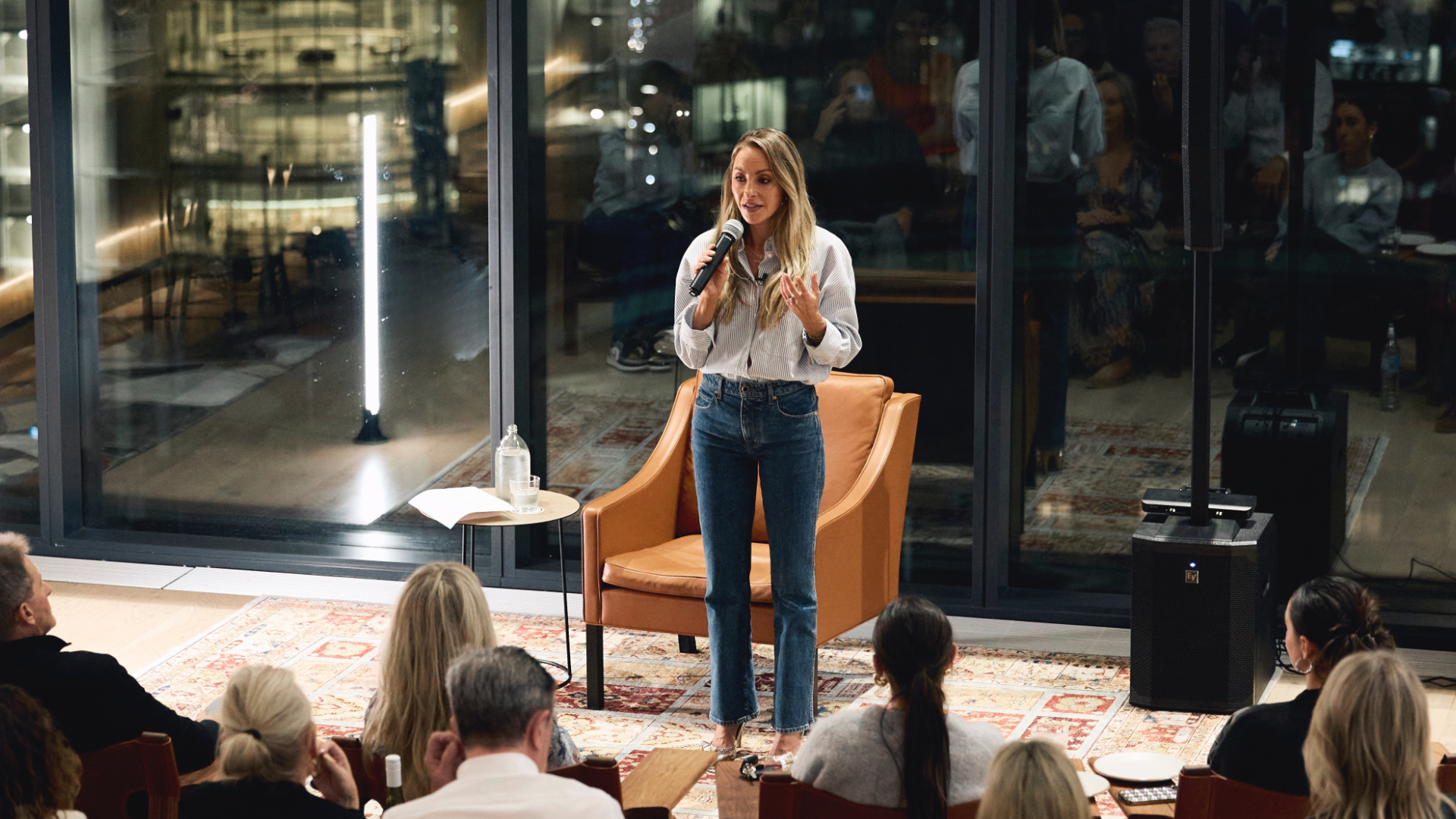

The Rise of Biohacking: The trend taking wellness to the next level
You’ve probably heard the term biohacking floating around; maybe in a podcast, on social media, or from that colleague who swears by cold plunges. But what exactly is it?
At its core, biohacking is the art of making small, intentional changes to your lifestyle to improve how your body and brain perform. It’s rooted in science but accessible to anyone, no lab coat required.
Think of it as a personalised approach to wellness. Whether you’re trying to boost focus, sleep better, manage stress, or increase longevity, biohacking offers tools and techniques to get you there.

Some of the most popular (and simple) biohacks right now include:
-
Sleep tracking with wearables like WHOOP or Oura Ring to understand your rest and recovery patterns
-
Cold exposure, such as ice baths or cold showers, to reduce inflammation and improve mood
-
Intermittent fasting, which some studies suggest may support metabolism and cognitive clarity
-
Red light therapy, to help with skin health and cellular repair
-
Smart supplements and nootropics that support brain function, focus, or relaxation
-
Daily movement and breathwork as powerful tools for regulating the nervous system
Why is it trending now?
With growing interest in longevity, mental health, and taking control of our own wellbeing, biohacking is becoming less niche and more mainstream. It bridges the gap between self-care and science, making it appealing to high-performers, wellness enthusiasts, and anyone curious about optimising their everyday.
Whether you dip a toe in with magnesium before bed or dive headfirst into cold plunges and glucose monitors, biohacking is all about listening to your body and making changes that work for you.
It’s not about doing more, it’s about doing what works, better.
Curious how far some people take it?
Watch this Rich Roll interview with Bryan Johnson to explore the extreme side of biohacking. From full-body data tracking to age-reversal protocols. It’s a fascinating deep dive into the future of human optimisation.
